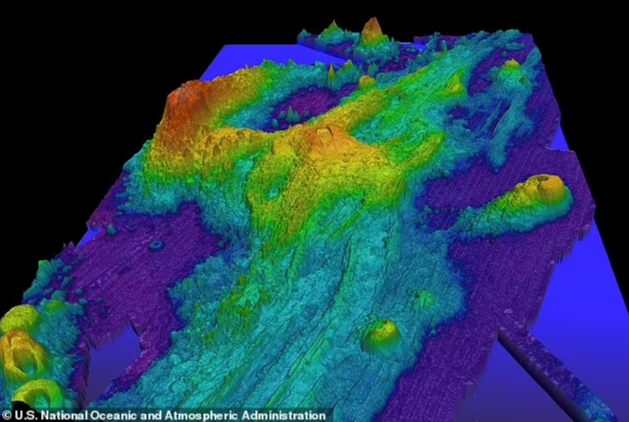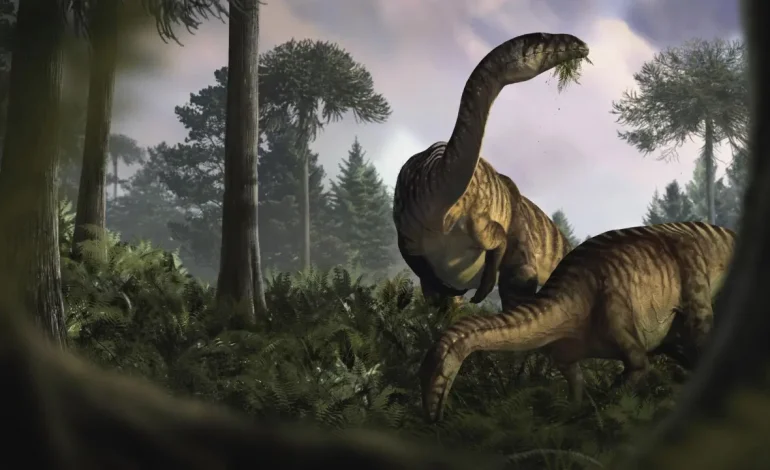A new study published in Nature offers a fascinating glimpse into the early days of dinosaur dominance, revealing a gradual, rather than sudden, rise to power over 30 million years, The Associated Press reports.
The research, based on the analysis of hundreds of fossilized dinosaur droppings (coprolites) and vomit samples from Poland, sheds light on the dietary habits and adaptability of early dinosaurs approximately 200 million years ago.
Researchers from Uppsala University and other institutions painstakingly examined the ancient fecal matter, finding evidence of a remarkably diverse diet.
Analysis of the coprolites revealed fish scales, insect parts, and bone fragments embedded within, painting a vivid picture of early dinosaur diets. Plant-eating dinosaurs, in particular, showed a remarkable ability to adapt their diets to changing environmental conditions. When wetter climates fostered the growth of new plant species, these herbivores readily expanded their palates, giving them a significant advantage over other contemporary herbivores.
While the reasons behind their eventual dominance – a combination of luck, skill, climate change, or a mix – remain open to further investigation, the study unequivocally demonstrates the importance of adaptability and opportunistic feeding strategies in their early evolution.
However, the study acknowledges limitations. The research focuses solely on Polish fossil sites, prompting Qvarnström to call for similar investigations in other regions to confirm the findings on a global scale. Paleobiologist Emma Dunne of the University of Erlangen-Nuremberg notes the inherent challenges of studying coprolites, as their often-ambiguous nature and lack of clear association with the producing animal can make analysis difficult.









